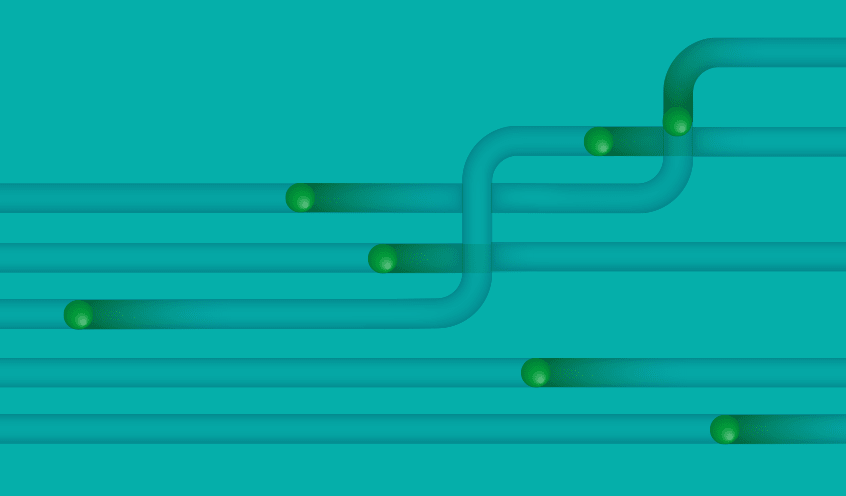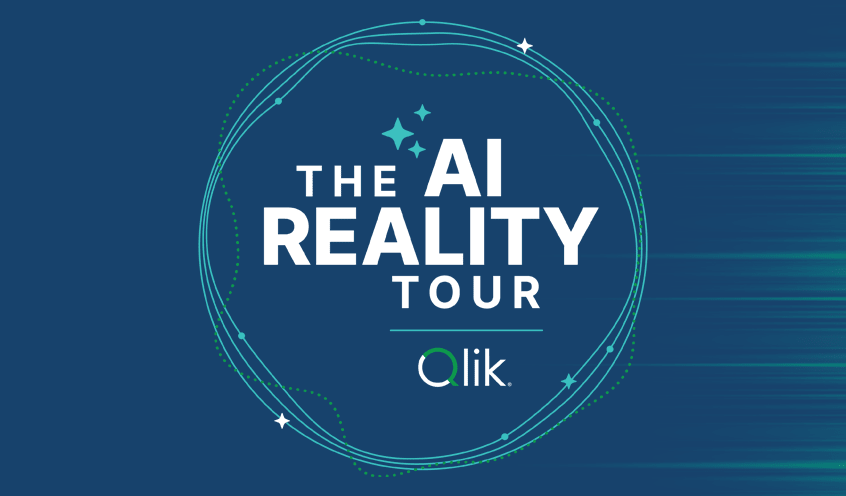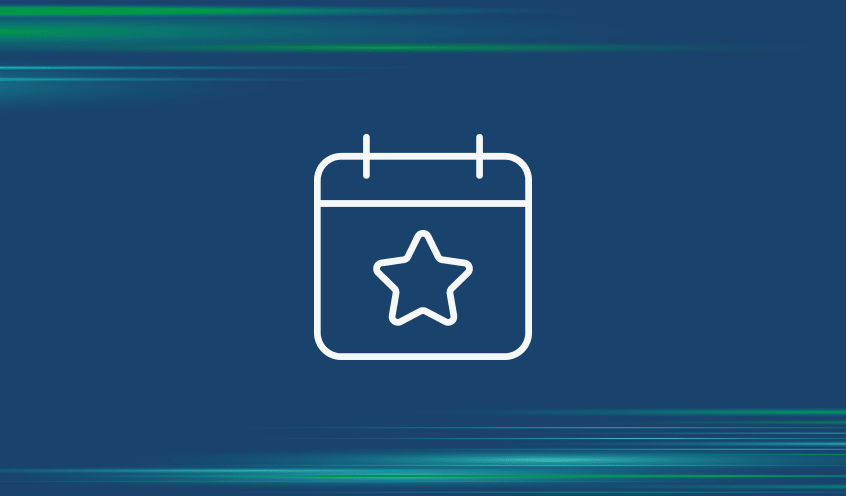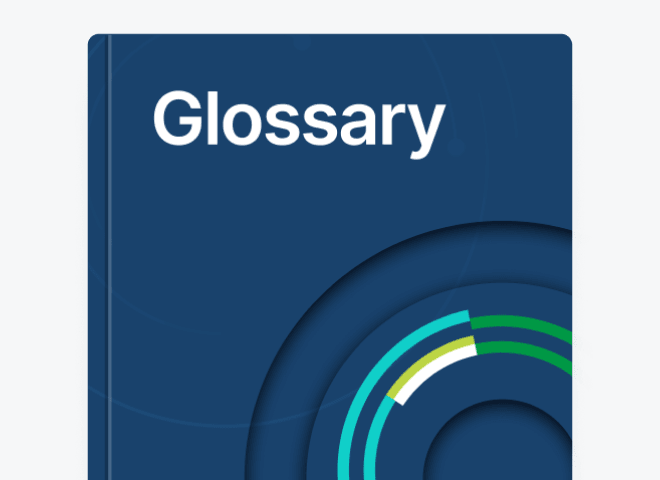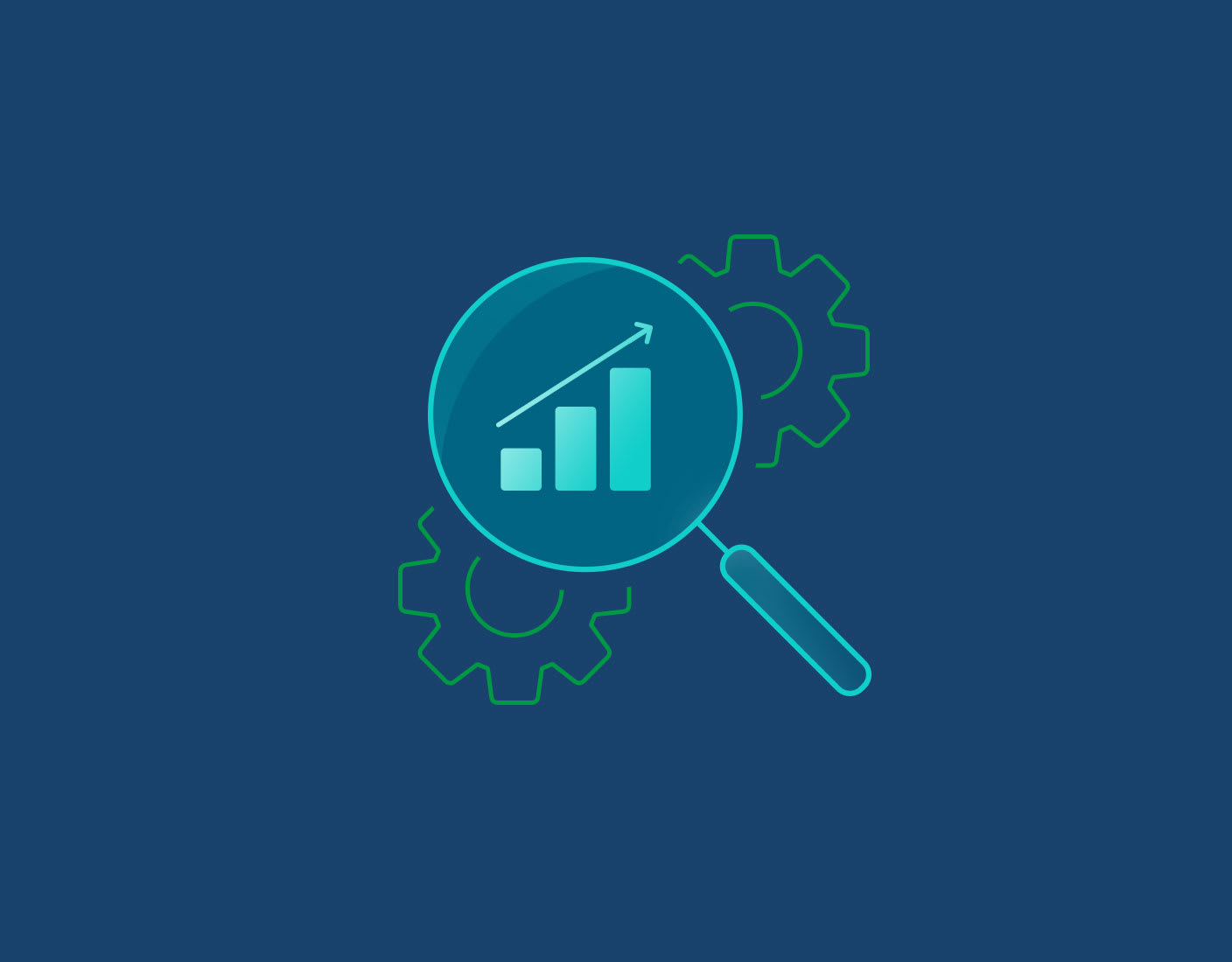Finding the Best Oracle Database Replication Solution for Your Needs
Oracle users might be familiar with the built-in feature Oracle Streams, a Oracle database replication tool that was introduced in 2002 as a replacement for Oracle Advanced Integration. Although Streams provides powerful data propagation functionality in Oracle environments, many have found it to be difficult to set up and configure and not particularly geared toward heterogeneous database replication tasks. In 2015, Oracle introduced Oracle GoldenGate, a separate Oracle replication tool that also can serve heterogeneous environments.
Although GoldenGate is an excellent Oracle database replication solution, it is quite costly—particularly when you take into consideration additional plug-ins and optional packs—and complex to manage. GoldenGate lacks a comprehensive graphical interface, and in environments where other types of databases are in use, it might not offer the level of replication support needed for non-Oracle systems. GoldenGate doesn't support automated DDL replication for non-Oracle environments, or replication to AWS, Microsoft Azure, or Google Cloud. GoldenGate also requires agents on mainstream end points, introducing administrative and performance overhead.
Fortunately, there are more affordable and flexible alternatives for database replication, and if you're in doubt about whether GoldenGate is the best solution for your company, we encourage you to consider Qlik Replicate® in your database replication tool comparison.














